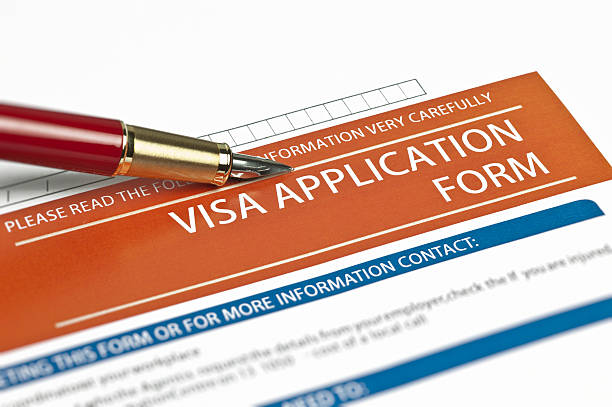The United States government has revised its visa reciprocity policy for Ghana, limiting both the duration and number of entries under most non-immigrant visa classifications.
According to the U.S. Department of State – Bureau of Consular Affairs, the change affects a wide range of visa categories, including B-class visas for business and tourism, and F-1 visas for students. These categories, which previously allowed for multiple entries and longer validity periods of up to five years, will now only be issued as single-entry visas valid for just three months.
The revised guidelines, published under the U.S. Visa: Reciprocity and Civil Documents by Country for Ghana, also impact F-1 student visa holders—typically enrolled in full-time academic programs in the U.S.—who will now have to reapply if they travel back home within the three-month window.
Diplomatic (A-class) visa holders, however, remain unaffected. These include Ghanaian diplomats and government officials who will continue to receive multiple-entry visas valid for 24 to 60 months.
K-class visa categories are also unchanged:
- The K1 visa, issued to the foreign-citizen fiancé(e) of a U.S. citizen intending to marry within 90 days of arrival, and the K2 visa for their unmarried dependent child, remain single-entry with a six-month validity.
- The K3 and K4 visas for foreign-citizen spouses of U.S. citizens and their dependent children are still multiple-entry, valid for 24 months.
The U.S. says this change is part of a global framework that ensures visa terms reflect the principle of reciprocity where the U.S. aligns its visa conditions with how other countries treat American travellers. It follows a similar change recently made for Nigeria.
While the U.S. government has not issued an official public statement specifically addressing Ghana’s case, such changes are often influenced by diplomatic relations, immigration enforcement goals, or updated national security considerations.
The implication is that many Ghanaians intending to travel to the U.S. for business, study, or tourism may now face additional cost and processing time, as a new visa application will be required for each trip.
–
Story by Michelle Lartey|univers.ug.edu.gh
Edited by Abdul Wahab Razak





